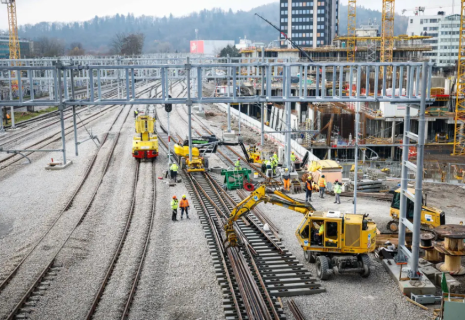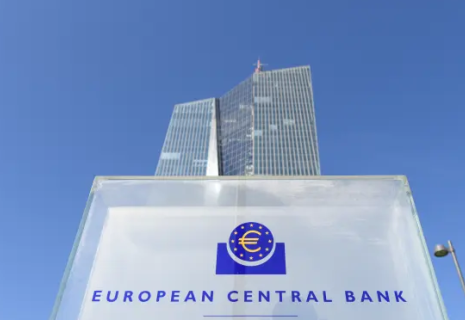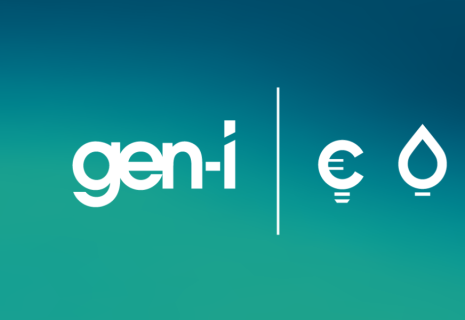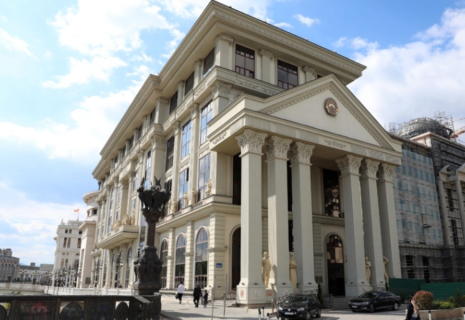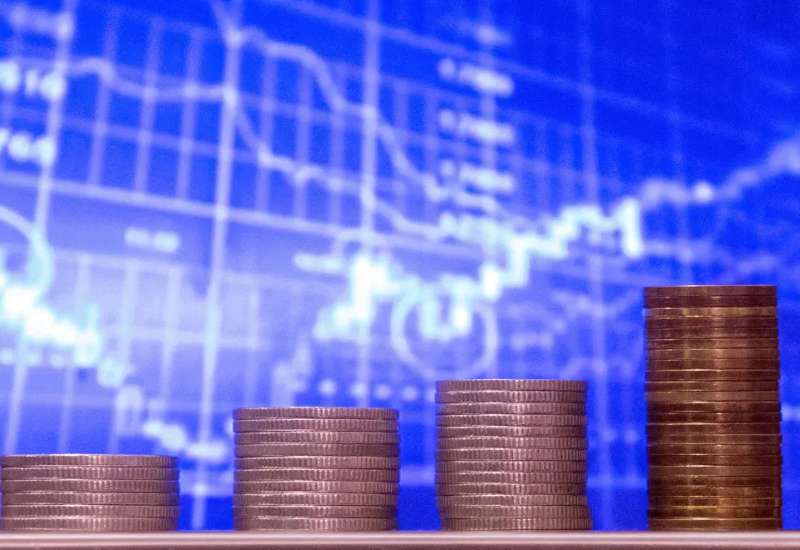
Slovenia's economic growth slows
Slovenia's economy grew by 1.6% in 2024, the slowest rate of growth since 2020, according to the initial estimate by the Statistical Office. Seasonally adjusted, the country's gross domestic product increased by 1.3%, CE Report quotes The Slovenia Times.
While final consumption expenditure, in particular government spending, had a positive effect on growth, gross fixed capital formation and external trade impacted negatively.
Final consumption increased by 3.5%, owing above all to an 8.5% increase in government spending, while household consumption increased by 1.6%.
On the other hand, gross capital formation declined by 2.4%. Gross fixed capital formation decreased by 3.7%, while changes in inventories and valuables increased by 0.3%.
External trade balance had a negative impact of 0.4 points, as imports increased by 3.9% and exports by 3.2%.
Growth at 1.5% in final quarter
In the final quarter of 2024, GDP increased by 1.5% year-on-year, rising by 0.6% on the quarter before in what is an acceleration from the third quarter.
"Final consumption expenditure increased by 2.4%, while fixed capital formation declined by 7.6%. Gross fixed capital formation contributed the most to this decline," having dropped by 5.2% in what was the third consecutive negative quarter, according to the release from the Statistical Office.
Investments decreased across the board: by 7.1% in machinery and equipment and by 4.9% in buildings and structures. Household consumption expenditure increased by 1.2%.
External trade balance was in the black in the final quarter, contributing 1.3 points to the quarterly GDP figure, as exports increased by 3.9% and imports by 2.3% year-on-year.
Outlook for this year
Commenting on the figures, Slovenia's central bank noted that economic activity slowed down last year to the lowest rate since 2020. The slowdown was temporary and Bank of Slovenia sticks to its projection that growth will return to above 2% this year.
The central bank pointed to weak investment activity as a drag on growth last year, which it attributes to a cyclical shift in investment activity.
It expects growth recovery this year to be broad-based in terms of its drivers. Good labour market conditions, together with continued nominal wage growth and inflation in line with the European Central Bank's target of 2%, are expected to continue to boost private consumption growth and improve household confidence.
Domestic demand is expected to be further boosted by government consumption and again by investment. This is expected to be driven by expenditure related to flood reconstruction and the absorption of EU funds.
But the central bank also noted that the macroeconomic outlook for Slovenia and the euro area as a whole is subject to significant external and geopolitical risks.
The government's economic forecaster, IMAD said the slowdown from 2.1% growth in 2023 had been expected. Investment was below expectations but export trends were much more encouraging than expected.
While the international economic outlook at the moment indicate a slight improvement or higher growth in foreign demand this year, IMAD notes increasing uncertainty related to the impact of the US's protectionist measures and retaliatory measures taken by the affected countries.



